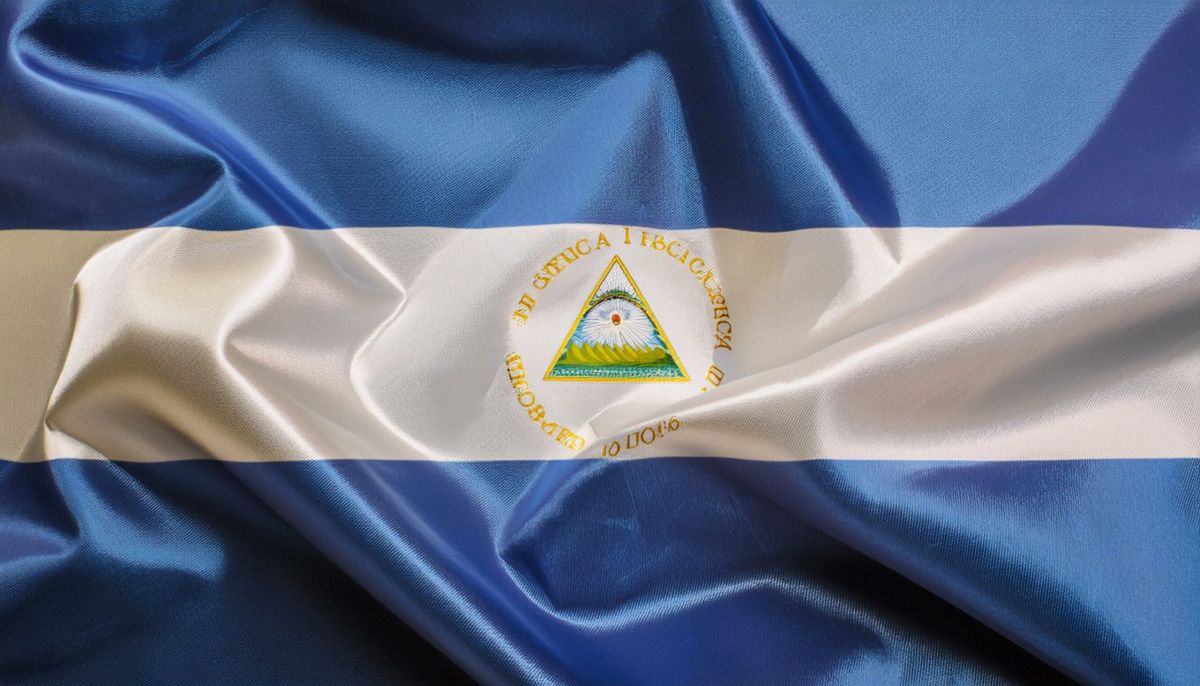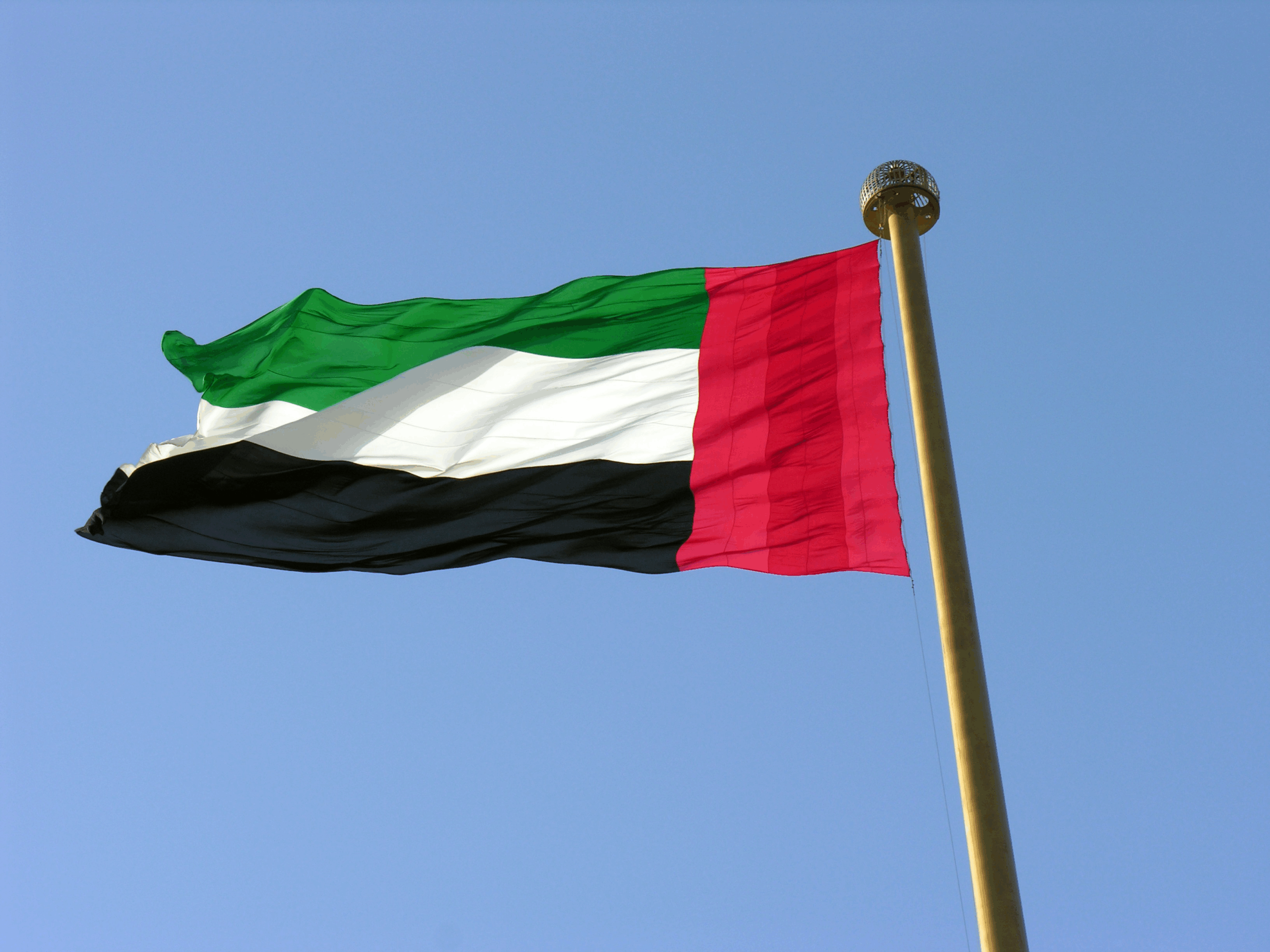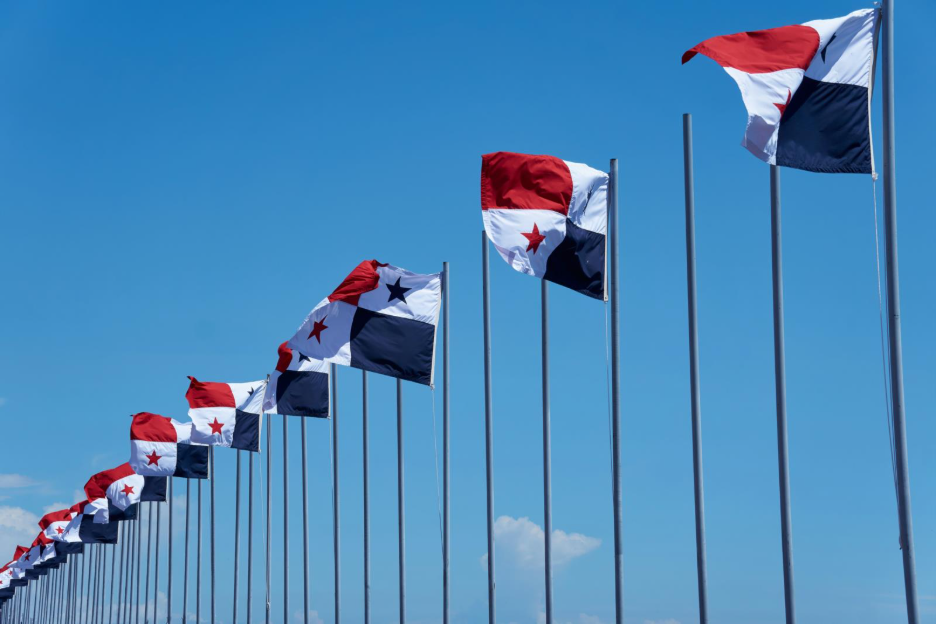
International Markets, Week in Review
Nicaragua faces economic hardship under authoritarian rule
Nicaragua is dealing with a long period of slow economic growth. From natural disasters, fluctuations in food and oil prices, economic downturns in key trading partners and tighter financial conditions.

Nicaragua is dealing with a long period of slow economic growth. From natural disasters, fluctuations in food and oil prices, economic downturns in key trading partners and tighter financial conditions.
Why it matters: If this continues, it could disrupt trade and external flows, leading to inflation that reduces purchasing power, raises unemployment and poverty, as well as challenges for refinancing public debt.
Nicaragua is one of the poorest countries in Latin America. The country suffers from low income and a food deficit. According to the World Bank, in 2023, Nicaragua saw poverty reduced to 12.5%, with almost 7% of the population experiencing extreme poverty.
Natural disasters such as droughts, hurricanes, floods and earthquakes continue to destroy crops and limit food access. This causes an issue for Nicaragua because agriculture is the main livelihood for 73% of the rural population, and contributed to 8% of the country’s GDP in 2023, reports the WFP.
In addition, the cost of food in Nicaragua increased 5.41% in September of 2024 over the same month in the previous year, reported Trading Economics.
The unemployment rate in Nicaragua increased to 3% in August from 2.6% in July, according to Trading Economics. Meanwhile, the demand for exports has weakened. While trade openness has increased, Nicaragua’s exports consist mainly of low-complexity products, per the World Bank Group.
Under President Daniel Ortega and Vice President Rosario Murillo, Nicaragua has continued to suspend civil rights. It has detained political prisoners, seized property and ignored the rule of law. This has resulted in an unpredictable investment climate with reputational risks and arbitrary regulations.
Building a strong economic relationship with China has become more important for the Ortega government. “The signing of a free-trade agreement in mid-2023 was a crucial step in this regard, and the Chinese government has now elevated Nicaragua to the rank of strategic partner, making us more confident that Chinese investments, particularly in infrastructure, will arrive within our forecast period,” reads an Economist Intelligence report.
In response to the Ortega-Murillo regime’s actions, almost all international financial institutions have stopped issuing new loans to Nicaragua, and most external financing will wind down by 2025, per the U.S Department of State. “A deepening partnership with the People’s Republic of China (PRC) has led to promises of investment and trade but yielded no significant lending to date,” it reports.
What’s next: Despite challenges, Nicaragua maintains stable macroeconomic fundamentals with significant foreign reserves and a well-capitalized banking sector. The country holds a record-high $5 billion in foreign reserves, a sustainable debt load and a well-capitalized banking sector, per the U.S. Department of State.
By the numbers: Customers in Nicaragua have averaged 7 days beyond terms in August, with 50% saying payment delays are increasing, per the FCIB Credit and Collections Survey.
The most common causes for payment delays are cash flow issues, supply chain/shipping issues, customer payment policy, inability to pay, unwillingness to pay and cultural norms/customs.
What Survey respondents are saying:
- “It is important to know customer’s payment process to avoid misunderstandings or delays due to administrative issues.”
- “Obtain updated credit information. Look for owner and addresses verification, as changes are often not communicated by the customer. Know all you can about the customer. Pull a credit report for payment history and legal status and name verification.”
- “Start early building a relationship with your customer, and include your salesperson—you’ll make a team and teams work together.”





